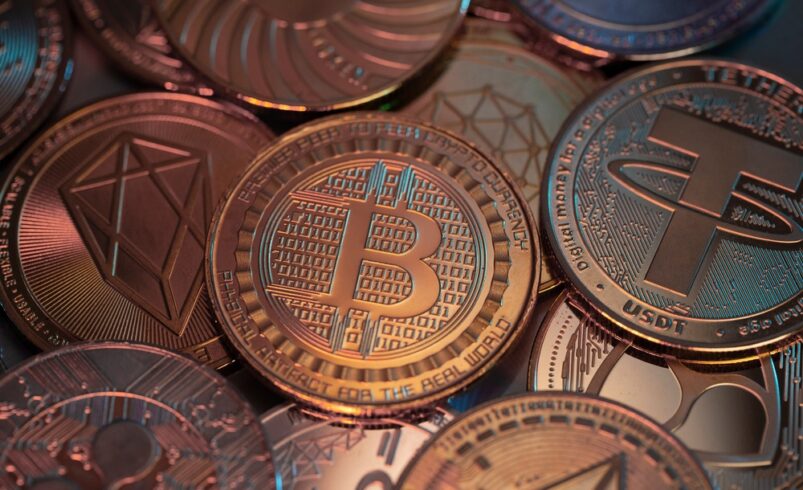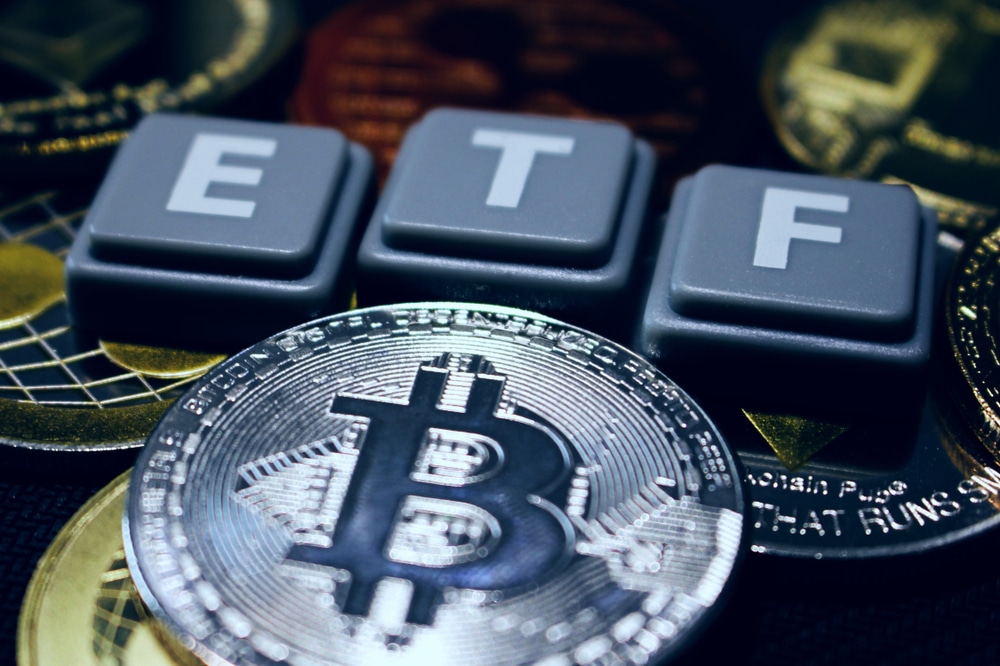What Are Altcoins? A Comprehensive Guide

The term “Altcoin” is a blend of “alternative” and “coin,” typically encompassing all cryptocurrencies and tokens other than Bitcoin. Altcoins are intrinsically linked to the blockchains they were specifically designed for.
Within their respective blockchains, many altcoins serve specific purposes. For instance, Ether, utilized in the Ethereum network, facilitates transaction fee payments. Additionally, some developers have initiated Bitcoin forks to compete as alternative payment methods, as seen with the emergence of Bitcoin Cash. This dynamic landscape highlights the multifaceted nature of altcoins and their diverse roles in the cryptocurrency ecosystem.
Operational Mechanisms of Altcoins
Altcoins function by utilizing blockchain technology, a digital and globally distributed database maintained concurrently by multiple computers. Transactions are authorized and recorded as blocks on the blockchain, with the unique feature that it becomes irrevocable once a transaction is etched into the blockchain.
Altcoins share the foundational principles of Bitcoin, relying on blockchain as a secure, distributed public ledger that validates transactions solely when they meet the criteria of legitimacy. However, many altcoins have leveraged this fundamental concept to pursue diverse objectives or address the shortcomings identified within the Bitcoin ecosystem.
Diverse Categories of Altcoins
Altcoins exhibit diversity based on their operational modalities and underlying objectives. A comprehensive examination reveals four primary categories within the altcoin landscape.
Stablecoins: These cryptocurrencies are designed to mirror the value of other assets, often pegged to the U.S. dollar, to maintain a stable valuation. In the event of price fluctuations, issuers take corrective measures to realign the stablecoin’s value.
Mining-based: Mining-based cryptocurrencies employ a mining process to verify transactions and expand the coin supply. Miners employ specialized devices to solve intricate mathematical equations, and the first miner to successfully solve the equation verifies a block of transactions, receiving cryptocurrency rewards in return. Bitcoin represents an exemplar of this category.
Staking-based: Staking entails holding specific cryptocurrencies to earn rewards. Holders of staking-based cryptocurrencies can opt to stake their coins, allowing them to accrue additional rewards. Blockchain technology designates a validator responsible for validating a block of transactions, and participants receive cryptocurrency incentives in exchange.
Governance: Governance tokens confer voting rights upon holders, enabling them to actively participate in shaping the direction of a project. These tokens facilitate the formulation and voting on proposals related to the cryptocurrency, promoting decentralization by distributing authority among all token holders, thereby eliminating the dominance of a central authority.
Distinguishing Altcoins from Bitcoin
Let us now delve into the distinctions that set altcoins apart from Bitcoin.
The inception of Bitcoin dates back to 2009, while the genesis of the first altcoin occurred in 2011. Subsequently, new altcoins enter the market at regular intervals.
Investing in altcoins invariably entails an elevated level of risk and reward. While Bitcoin is known for its inherent volatility, it maintains its dominant status within the cryptocurrency market, amassing substantial value over time. In contrast, despite harboring the potential for substantial growth, altcoins are plagued by an increased susceptibility to failure.
Altcoins have demonstrated a higher degree of sophistication. Emerging after Bitcoin, they have made significant strides in technological advancements. Many alternative cryptocurrencies surpass Bitcoin in terms of transaction efficiency and speed.
Prominent Altcoins
Below, we present a selection of notable altcoins, categorized by their cumulative market capitalization:
- Ethereum (ETH)
- Tether (USDT)
- USD Coin (USDC)
- Binance Coin (BNB)
- XRP (XRP)
Should Altcoins Be Considered for Investment?
Investing in altcoins warrants careful consideration, particularly if one is prepared to dedicate time to thorough research. Despite their potential, Altcoins remain relatively less recognized, exposing them to substantial price fluctuations should they garner wider acceptance.
However, it is essential to acknowledge certain pitfalls associated with altcoin investments. Identifying the most promising altcoins can be a formidable challenge, given the abundance of options. Furthermore, altcoins introduce a heightened level of risk, with many smaller projects representing uncertain ventures or potential scams.
In summation, altcoins are an appropriate choice for cryptocurrency enthusiasts willing to invest their time and effort into comprehensive research. On the other hand, those seeking a lower-risk or less time-intensive investment may find traditional cryptocurrency stocks more appealing.
Where to Acquire Altcoins?
Cryptocurrencies, including altcoins, can be procured through established cryptocurrency exchanges such as Coinbase, Gemini, or BlockFi. Several stock brokerage platforms, including Robinhood and SoFi, also facilitate the purchase of Bitcoin and altcoins.
Experienced cryptocurrency users may opt for a cryptocurrency wallet to acquire altcoins directly, circumventing the necessity of cryptocurrency exchange.
Acquiring altcoins through a cryptocurrency exchange involves providing personal information and the attachment of a payment method, such as a bank account or debit card. Once the account is established, one can embark on their cryptocurrency journey.
Final Thoughts
When venturing into high-risk assets like cryptocurrencies, it is imperative to acknowledge the potential loss of one’s entire investment. Volatility prevails as an inherent characteristic of this exceedingly uncertain market.
DISCLAIMER: It's essential to understand that the articles on this site are not meant to serve as, nor should it be construed as, advice in legal, tax, investment, financial, or any other professional context. You should only invest an amount that you are prepared to lose, and it's advisable to consult with an independent financial expert if you're uncertain. To obtain more information, kindly examine the terms of service and the assistance and support resources made available by the issuing or advertising entity. Our website is committed to delivering accurate and unbiased news, yet it's important to note that market conditions may change rapidly. Also, be aware that some (but not all) articles on our site are compensated or sponsored.








